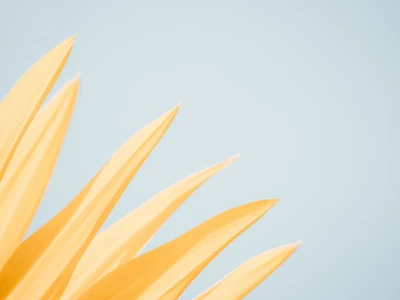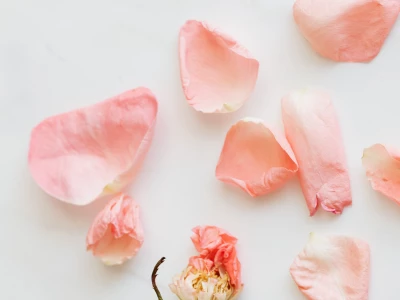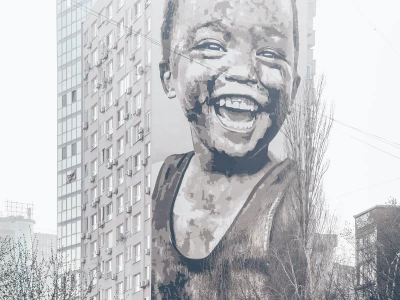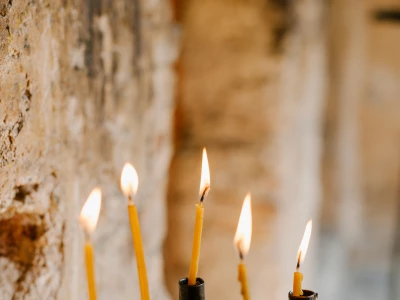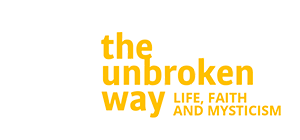Share this article
If You Want To Be Happy, Put Others First

‘The fragrance always stays in the hand that gives the rose.’
—Hada Bejar, American based Cuban actress
I had a problem with the title of this article. I thought some readers might think that I am advocating refined selfishness or enlightened self-interest to get something back in return.
So, to be completely clear, it's important to say at the beginning that if our primary concern is our own happiness when we attempt to help others, we will soon be disappointed. It won’t be long before some troubled soul tests us with thanklessness and rudeness for our attempt to show them kindness. Then our misplaced beliefs of expecting others to be grateful for our helping hand will be shattered. We could even end up giving up altogether on the journey to enlightened compassion and altruism.
A more serious issue in following our unconscious quests for feel-good emotions is that we could do more harm than good to others. When we lack knowledge and are unaware of how much it is our ego is at play, we could, for example, donate to an organisation that, on the surface, is helping the underprivileged, but when we dig deeper, we discover that one or more of its core values is in complete opposition to our own dearly held beliefs.
Transform Yourself First Before Saving The World
If we genuinely want to serve others, we, first of all, need to transform ourselves. In an interview on ABC Radio National (Australia), French Buddhist monk Matthieu Ricard says: It’s not a vain or futile exercise to perfect yourself to some extent before you serve others. Otherwise, it’s like cutting the wheat when it’s still green, and nobody is fed by that. So we need a minimum of readiness to efficiently and wisely be at the service of others. So compassion needs also to be enlightened by wisdom. Otherwise, it’s blind.
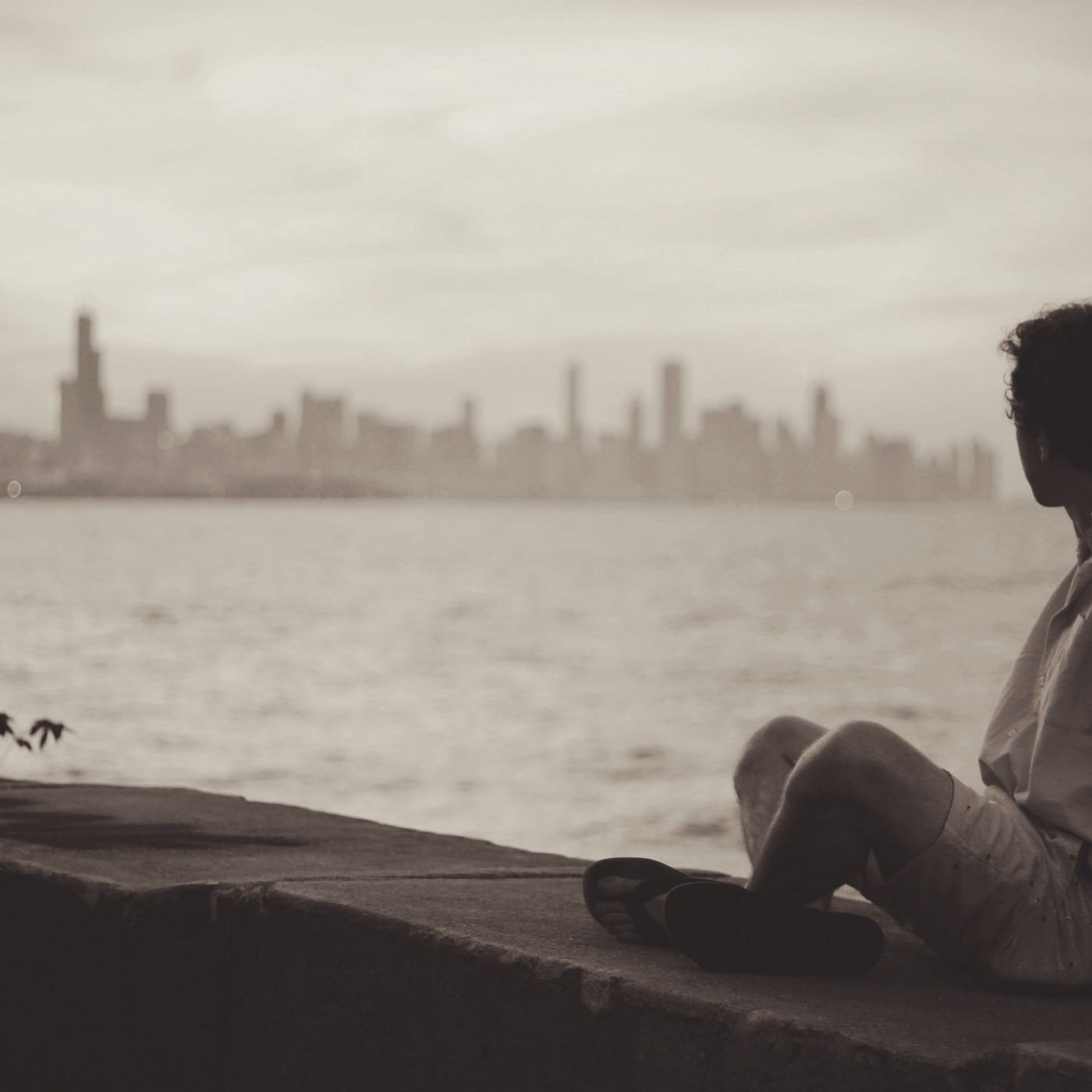
‘Yesterday I was clever, so I wanted to change the world. Today I am wise, so I am changing myself.’
—Rumi (1207-1273), Persian Poet and Mystic
Wisdom, though, is hard to come by. But we have to start somewhere. Matthieu Ricard gives a Buddhist perspective:
‘ We do exercise every morning, for twenty minutes, to be fit. We don’t sit for twenty minutes to cultivate compassion. If we were to do so, our mind will change, our brain will change. What we are will change.'
What an exciting revelation to discover that the brain can be profoundly transformed through experience and practice – a quality known in psychology as neuroplasticity (the brain’s ability to reorganise itself by forming new neural connections throughout life). Knowing this intellectually is only the beginning of our transformational journey —we have to put in the work.
Growing in selflessness doesn’t require heroic acts. Instead, it’s the everyday, habit-forming thoughts and undertakings, a steady process by which the practice of virtue transforms us. Also, reading books, listening to Ted Talks or searching the internet to find out more about compassion and altruism are a start, but, as the sages and mystics of the major religions have known for thousands of years, in the end, we need to work consistently and diligently practising the spiritual disciplines, such as meditation and prayer to become the best version of ourselves. Just like physical exercise, the more often you work out, the more benefits you’ll see and the longer they will last.
Suffering Expands Compassion and Selflessness

‘Only the wounded understand the agonies of the wounded. ….Only the jeweller knows the value of the jewel.’
⸻Excerpt from the poem 'I am mad with love' by Meera (Indian Mystic, 1498-1546)
Buddhists assert that we are all naturally compassionate, but our false beliefs, fears, worldly ambitions, and response to life events can coarsen us or cover over this compassion. It isn’t a way we would gladly choose but carrying a heavy cross can lift this cover and awaken our hearts to others. We know what it’s like to suffer, and we can see, more than ever, when others are in pain. Suffering, Pope John Paul 11 wrote in his apostolic letter, ‘Salvifici Doloris,’ ( ‘Salvific Suffering’), can open the way to spiritual maturity and sensitise Christians to the need to help the afflicted.
Secular psychologists add their weight to the debate, pointing out that transforming one’s experiences of suffering into something meaningful is one of the most effective ways to support others who are suffering as well as helping ourselves to start living and even flourishing again. (www.scientificamerican.com/article/how-to-find-meaning-in-suffering)
Altruism Leads To Long-Lasting Happiness
Many of us have it the wrong way around when it comes to happiness and putting others first. In what is perhaps a cruel twist of fate, researchers at Toulouse University in France discovered that people who consciously pursue happiness are less likely actually to achieve it and that the pursuit itself can undermine their wellbeing (https://www.psypost.org/2021/10/selflessness-and-feeling-in-harmony-with-others-coincides-with-greater-happiness-study-finds-61993 .
On the other hand, the same researchers suggest that selflessness and the feeling of being interdependent promote lasting happiness since external events no longer dictate one’s happiness. It has been proposed that selflessness gives rise to feelings of harmony, inner peace, and what is called ‘authentic-durable happiness.’
Resources
*Regarding Neuroplasticity: scientists have proved that meditation has a powerful effect on the brain: https://www.forbes.com/sites/quora/2017/05/15/the-effects-of-meditation-on-the-brain/?sh=67fc0c2ddb1c
Books
More Beautiful Than Before —How Suffering Transforms Us, by Steve Leder
In this elegantly concise, beautifully written, and deeply inspiring book, Rabbi Leder guides us through pain’s stages of surviving, healing, and growing to help us all find meaning in our suffering.
Share this article
Categories
in your inbox

Meaning & Purpose



